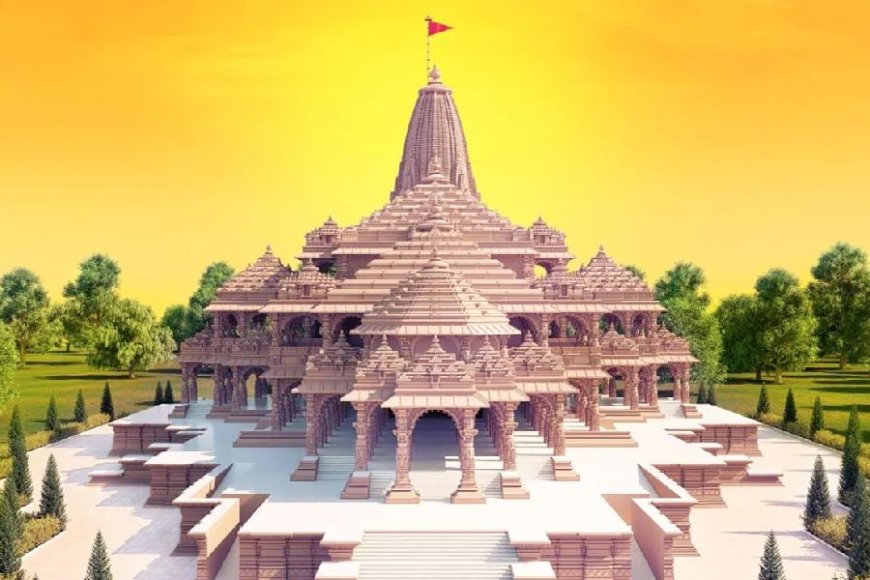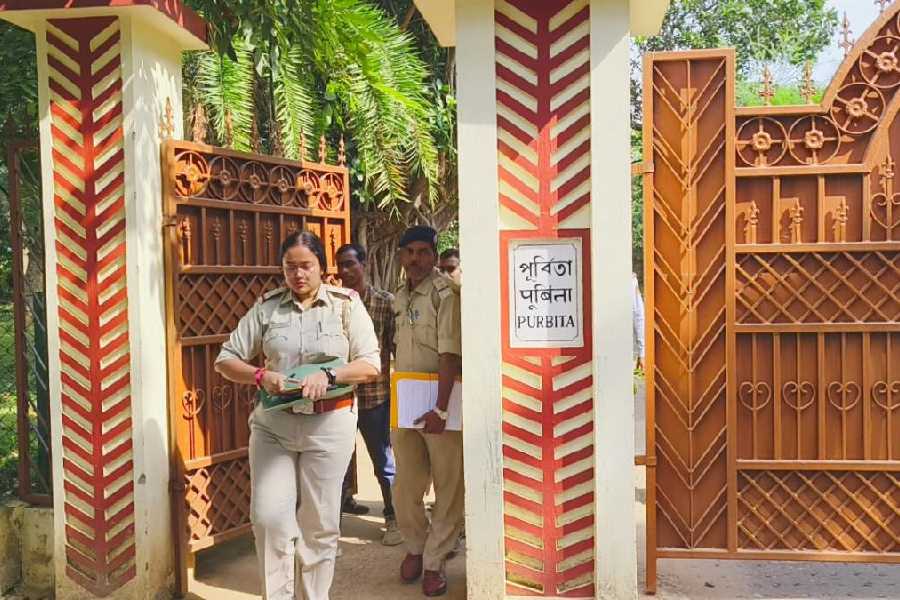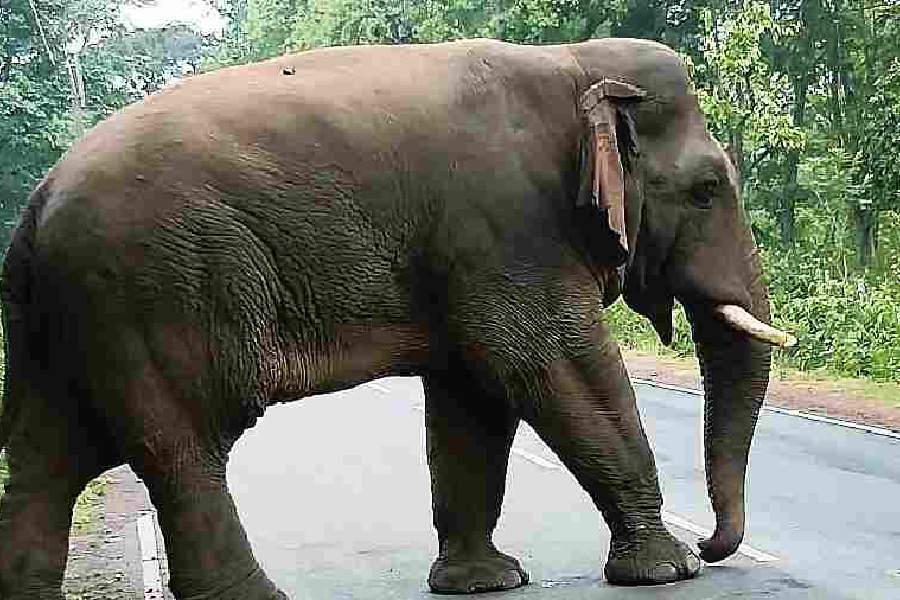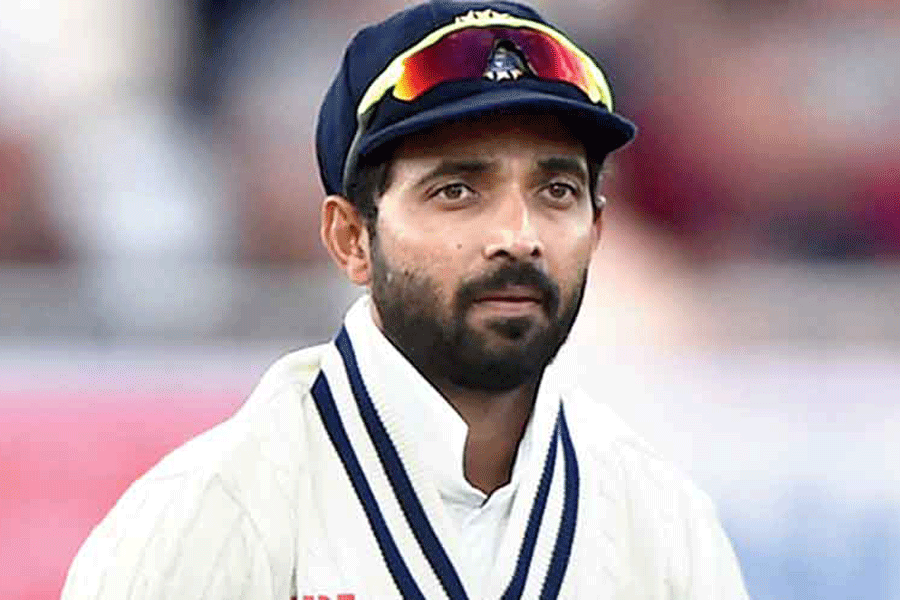India's Religious Frenzy: State Overreach and Secular Concerns as Ram Temple Opens
From BJP fervor to saffron overdrive, leading figures question government's involvement in a religious event.

Following Prime Minister Narendra Modi's January 22 dedication of the Ram temple in Ayodhya, India is engulfed in a religious and political frenzy. The BJP's national and state governments have gathered resources to incite the fervor ahead of the event, even though it is organized by a private trust.
The saffron ecosystem is going into overdrive to take political advantage of the temple opening as legislative elections draw near. The Telegraph asks a few distinguished persons whether they believe that the state apparatus's participation in a religious event deviates from the secular values outlined in the Constitution.
Asok Kumar Ganguly, Justice
A former Supreme Court justice
Secularism is a core value included in our Constitution, and the Supreme Court has declared it to be one of its fundamental principles. Stated differently, it is the essence of the Constitution. I think a nation cannot be democratic if it is not secular. Democracy is impossible in a society where there is inequality.
Aside from that, another essential right that the Indian people have gained by their unwavering resistance to religious fundamentalism throughout the liberation movement is the ability to teach, practice, and disseminate their faith. This right is not bestowed upon us by the government.
The Constitution upholds the value of secularism, and no official institution is allowed to alter it. In defiance of constitutional norms, the government now fully supports the religious practices of a majoritarian religion.
The government cannot support a single religion's temple inauguration event since it must respect all faiths. The federal government's announcement of a holiday to commemorate the inauguration of a temple really astonished me. As someone who upholds morals and constitutional ideals, I am unable to endorse this and I humbly protest against it.
Bose Sugata
Historian; grandson of Sarat Chandra Bose and grandnephew of Netaji Subhas Chandra Bose; Gardiner Professor of Oceanic History and Affairs, Harvard University
The state's involvement in the events of January 22 is the most significant move towards transforming the Indian republic into a majoritarian religious state to yet. A status quoist attitude based on a post-colonial constitution that retains features of colonial authoritarianism is unlikely to prevail in the face of such a relentless attack. It has to be confronted with a really democratic, principled intellectual stance that draws from our long tradition of anti-colonial constitutionalism. Its principal tenets are religious concord, federalism, and equality.
Nahar Miratun
Educationist
The terms "secular" and "democracy," which are significant in the Constitution, define our country. India's noble position in the community of nations is a result of its character. The ruling party at the Center has acted against the secular spirit of the country and forcefully lowered the nation's head at the feet of religion, which is a significant departure from the character of the nation. I say "ruling party" deliberately because I firmly believe that there is no government in India at this time.
We do not have governments at the Center or in the State that operate with the tenets of democracy and secularism to guide the populace toward a developed state. Additionally, I believe that the central governing party's anti-democratic and anti-secular policies are being strategically used by the state's ruling party.
Although the state governing party claims to support harmony and opposes the Center's anti-secular acts, they really support the Central ruling party's view of the connection between the state and religion. Although there is no doubt that the state governing party's unity march would deepen the split, I believe that the central ruling party's objective is clearly divisive.
Sen Koushik
Actor and director of theater
I really think that everyone must respect each person's own religious practices and views. But when the state employs its apparatus to sway religious beliefs in order to win over voters, it becomes problematic and fascist undertones may be heard.
Suman Mukhopadhyay
Director of theater and filmmaker
This is a statement that secularism is now a nebulous notion in India and is wholly anti-constitutional. India is going to take a catastrophic turn from now on. The state apparatus as a whole is attempting to bring this about, and all of its branches—including newspapers, radio, television, and social media organizations—are promoting and elevating Hindutva to a new level. Similar to the Babri Masjid's destruction, but in a riskier manner, a parallel moment has been established.























































